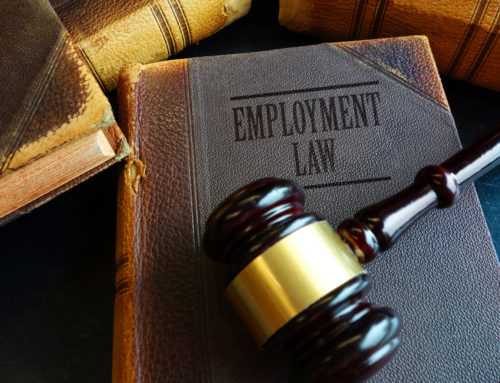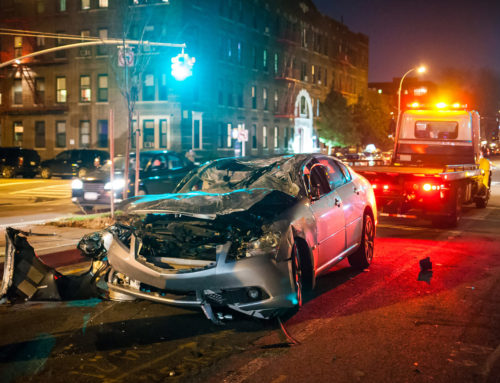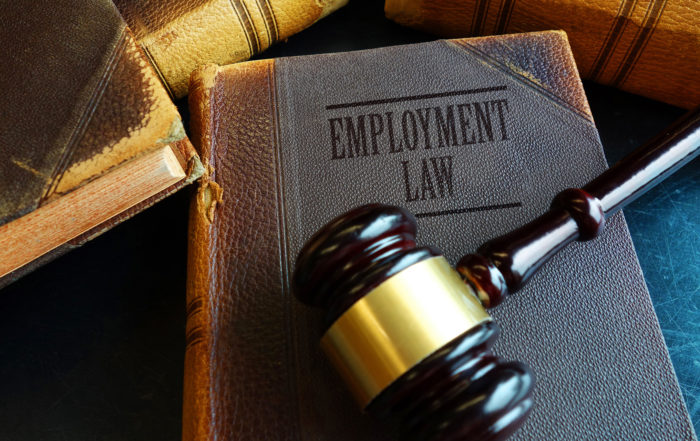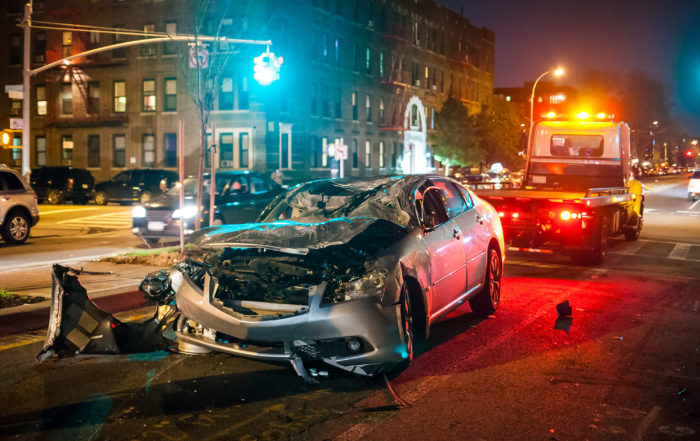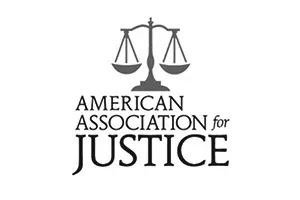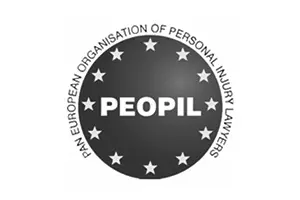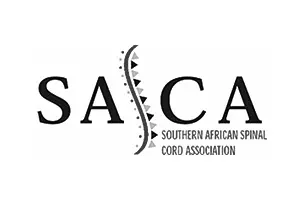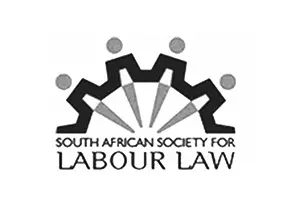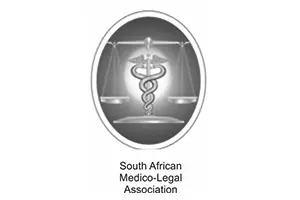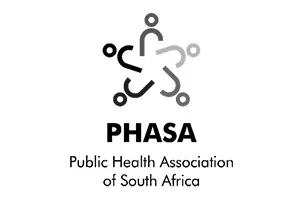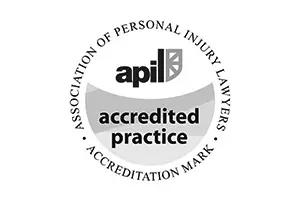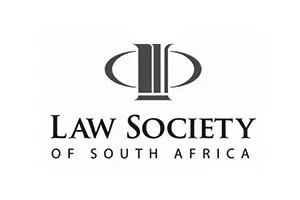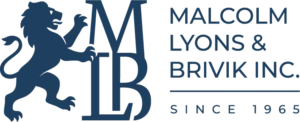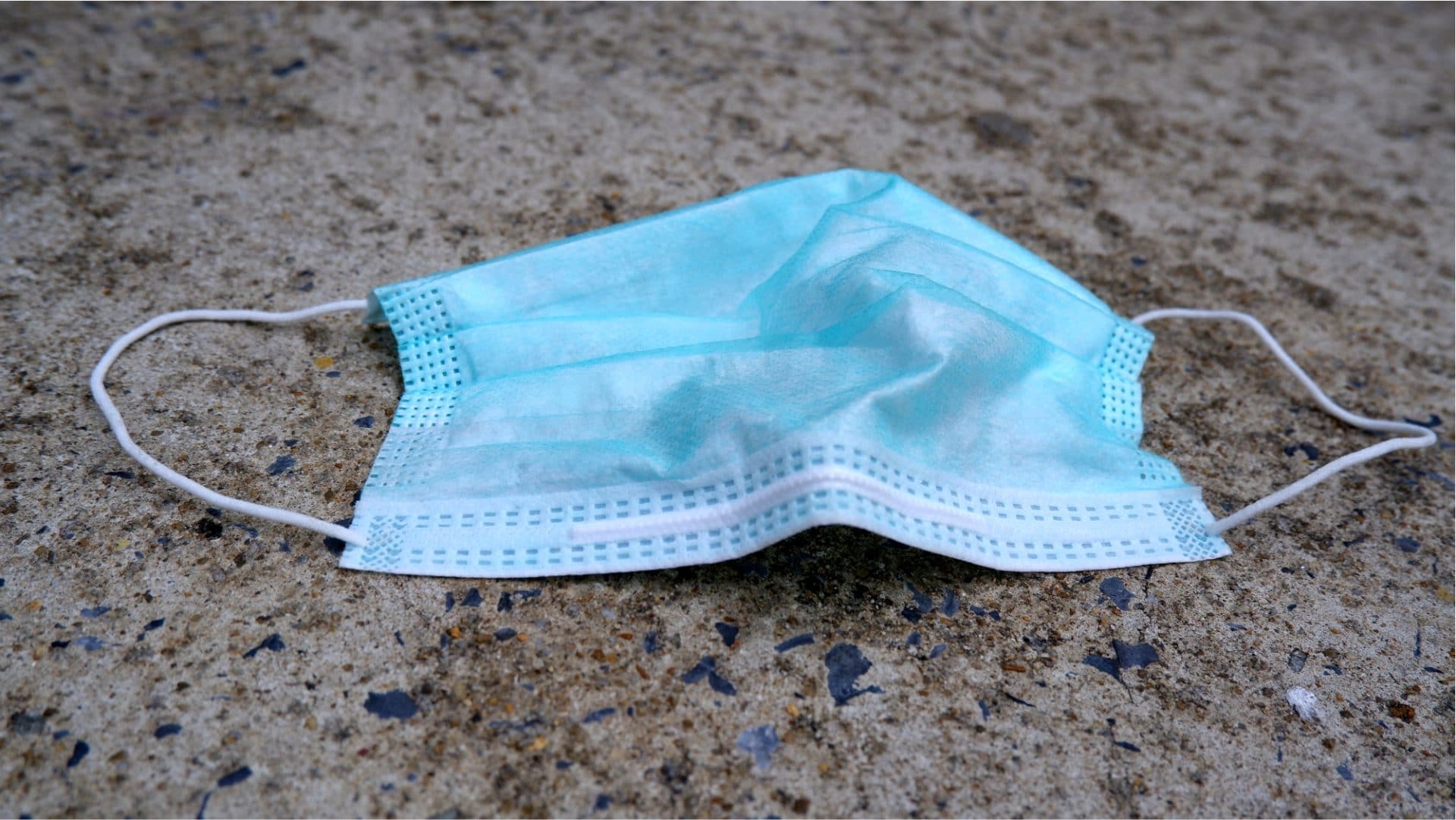
South African jurisdiction in response to COVID-19
SOUTH AFRICA JURISDICTION IN RESPONSE TO COVID-19
In South Africa, the National Disaster Management Act of 2002 has been referred to by the office of the Presidency in response to the crisis. The legislation deals with any types of emergency which the country faces including viral emergencies such as this. It grants the office of the Presidency wide-ranging powers to affect legislation which is deemed necessary to prevent or reduce the risk of disasters, mitigate the severity of disasters, allow for emergency preparedness and for a rapid and effective response to disasters.
In the legislation disaster is defined as a progressive or sudden event which causes threat of death, injury or disease alternatively damage to property, infrastructure or the environment alternatively disruption of the life of the community.
The purpose of the legislation is to prevent or reduce the risk of disasters, mitigate the severity or consequences of disasters, allow for emergency preparedness.
In the President’s address of 23 March 2020 at 19H30pm. The following key announcements were made:
- You will not be allowed to leave your home except under strict circumstances, such as to seek medical care, buy food, medicine and other supplies or collect a social grant.
- All shops and businesses will be closed, except for supermarkets, pharmacies, laboratories, banks, essential financial and payment services, including the JSE, petrol stations and health care providers.
- Companies that are essential to the production and transportation of food, basic goods and medical supplies will remain open.
- The South African National Defense Force will be deployed to support the South African Police Service to ensure the lockdown is implemented.
- There will be a significant increase in screening, testing, contact tracing and medical management.
- Emergency water supplies will be provided to informal settlements and rural areas.
- South African citizens and residents arriving from high-risk countries will automatically be placed under quarantine for 14 days.
- Non-South Africans arriving on flights from high-risk countries we prohibited a week ago will be turned back.
- International flights to Lanseria Airport will be temporarily suspended.
- International travellers who arrived in South Africa after 9 March 2020 from high-risk countries will be confined to their hotels until they have completed a 14-day period of quarantine.
- Any employee who falls ill through exposure at their workplace will be paid through the Compensation Fund.
- A tax subsidy of up to R500 per month will kick in for the next four months for private-sector employees earning below R6 500.
- Anyone breaking the rules could be punished with imprisonment for up to one month or with a fine.
Since then the country is to go into full lockdown.
In terms of the legislation, no consequences have yet been attached to conduct of errant citizens acting in disregard of the announcement above such as leaving their home, profiteering from the crisis, general maleficence. The announcement of criminal sanctions/punishment for breaching the lockdown provisions will follow later today.
The legislation also enables the office of the Presidency to announce financial relief to small and medium-sized businesses and individuals.
Civil claims
In South Africa, a claim for civil damages would be considered in terms of own delictual law. This means that the alleged wrongful act such as exposing someone to Covid-19, would need to be analysed in terms of existing common law principles which includes the elements of wrongfulness, causation and foreseeability.
At least initially, and until more evidence is available as to the extent of knowledge which the office of the Presidency and the government had as early as February, or even early March, a claim against the Government for failure to act alternatively failure to act more rapidly would be difficult to make out.
We are considering whether one person could sue another for exposing them to the virus, this could be a claim to similar to those involving exposure to HIV / Aids; Where the Defendant was aware of their status these were brought as assault cases because there was an intention to harm.
Should you have any further queries or questions please do not hesitate to contact the writer
The current position on objections to the con/arb process
Con/arb process - The Commission for Conciliation, Mediation[...]
Out of time? Think again – The CCMA and its rules
By Lara Keil (Candidate Legal Practitioner) under the[...]
RAF’s lodgement requirements: Claimants further prejudiced
By Lara Keil (Candidate Legal Practitioner) under[...]



